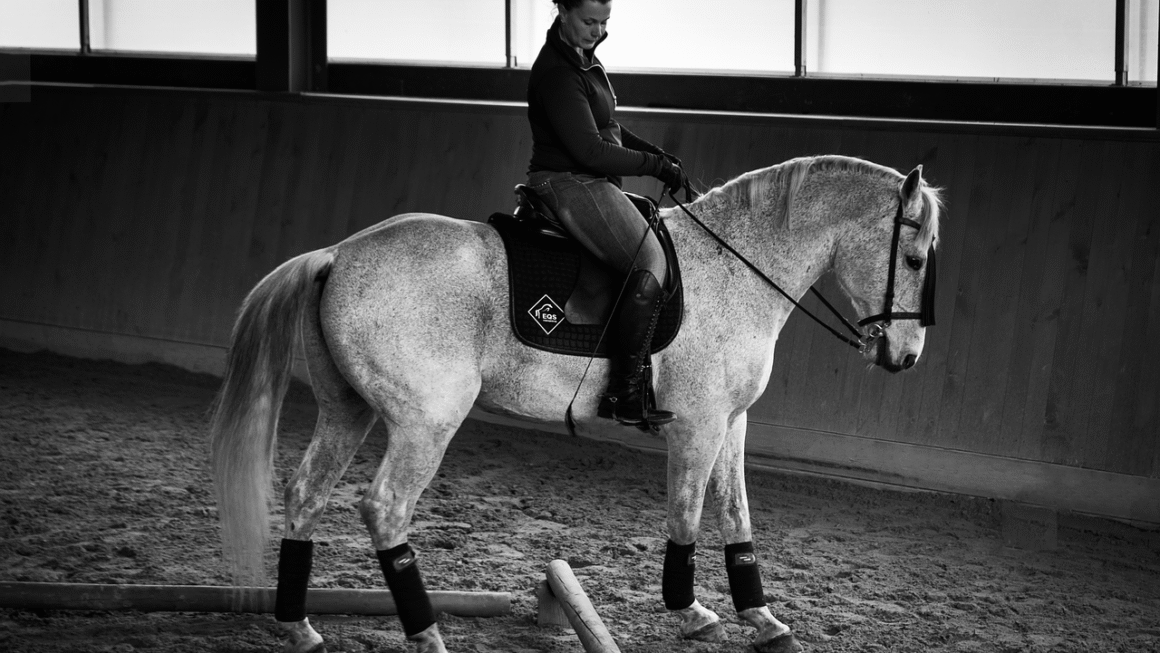Navigating the complexities of relationships can feel like traversing a minefield, and one term that frequently surfaces in the dating lexicon is the “friend zone.” It’s that uncomfortable space where romantic interest isn’t reciprocated, leaving one party yearning for more while the other sees only friendship. Understanding why the friend zone happens, how to recognize the signs, and whether escape is even possible is crucial for navigating these tricky waters and protecting your emotional well-being.
Understanding the Friend Zone: Definition and Dynamics
What Exactly is the Friend Zone?
The friend zone, at its core, describes a situation where one person in a friendship desires a romantic or sexual relationship with the other, but the feelings are not mutual. It’s not simply being friends; it’s the unrequited romantic interest that defines the dynamic. The “friend zoned” individual often hopes that their persistent friendship and support will eventually blossom into something more. However, this often leads to frustration and resentment if expectations aren’t managed realistically.
The Power Imbalance
One of the key aspects of the friend zone is the power imbalance it creates. The person who isn’t interested romantically holds the power, consciously or unconsciously, by setting the boundaries of the relationship. The “friend zoned” individual might feel pressured to constantly prove their worth or suppress their true feelings in the hopes of eventually changing the other person’s mind.
- This power dynamic can be emotionally draining.
- It can lead to feelings of inadequacy and low self-esteem.
- Open communication is crucial to address this imbalance.
Why Does the Friend Zone Happen?
There are numerous reasons why someone might end up in the friend zone. Some common factors include:
- Lack of Initial Attraction: Sometimes, the initial spark simply isn’t there for one person.
- Fear of Ruining the Friendship: One person might value the existing friendship too much to risk jeopardizing it with romantic advances.
- Misread Signals: Confusing friendly gestures for romantic interest can lead to misunderstandings.
- Unclear Intentions: Not clearly communicating your romantic intentions early on can lead to being seen as “just a friend.”
- Low Self-Confidence: Presenting yourself as a friend because you lack the confidence to pursue something more.
Recognizing the Signs You’re in the Friend Zone
Clear Indicators of Friend-Zone Status
Recognizing the signs early can help you avoid prolonged emotional investment in a situation that’s unlikely to change. Look out for these red flags:
- They Talk About Other People They’re Interested In: This is a clear signal they don’t see you as a romantic option.
- They Seek Your Advice on Their Love Life: Confiding in you about romantic pursuits with others solidifies the friendship dynamic.
- You’re Their Go-To for Emotional Support, But Nothing More: Being a shoulder to cry on is great, but if it’s not reciprocated with romantic interest, it’s a sign.
- They Emphasize “Just Friends”: Overtly stating “we’re just friends” reinforces the boundaries.
- They Don’t Flirt With You: Flirting is a key indicator of romantic interest. Its absence is telling.
- Physical Intimacy is Limited to Platonic Gestures: Hugs and friendly touches are different from romantic physical affection.
Actions Speak Louder Than Words
Pay attention to their actions. Do they make an effort to spend quality time with you alone? Are they physically affectionate beyond friendly gestures? Do they include you in their future plans beyond casual hangouts? If the answers are consistently “no,” it’s a strong indication you’re in the friend zone.
- Example: They might invite you to group outings but never initiate one-on-one dates.
- Example: They might text you frequently about mundane things but avoid deep, meaningful conversations.
Escaping the Friend Zone: Is It Possible?
Assessing the Situation Realistically
Before attempting to escape the friend zone, it’s crucial to assess the situation objectively. Are there any glimmers of hope, or are you holding onto a fantasy? Honest self-reflection is key. Ask yourself:
- Have I clearly communicated my romantic interest?
- What is their body language like around me?
- Am I happy with the friendship as it is, even if it doesn’t become romantic?
Strategies for Shifting the Dynamic
If you decide to try and escape the friend zone, here are some strategies you can implement:
- Create Some Distance: This allows them to see your absence and potentially realize what they’re missing. Stop being so readily available.
- Focus on Your Own Life and Happiness: Improve your self-confidence and become more attractive by focusing on your own well-being.
- Be Less Available and Predictable: Change your routine and let them see you having fun without them.
- Subtly Express Your Romantic Interest: A well-timed compliment or a subtle flirtation can test the waters.
- Be Direct (But Respectful): Express your feelings clearly and honestly, but be prepared for rejection. Say something like, “I value our friendship, but I also have romantic feelings for you that I wanted to share.”
Knowing When to Cut Your Losses
Sometimes, despite your best efforts, the feelings simply aren’t reciprocated. It’s important to recognize when you’re investing too much emotional energy into a situation that’s unlikely to change.
- Prioritize your own well-being.
- Don’t settle for unrequited love.
- It’s okay to move on and find someone who values you fully.
The Importance of Communication and Boundaries
Open and Honest Conversations
The cornerstone of any healthy relationship, even a platonic one, is open and honest communication. Expressing your feelings, setting boundaries, and managing expectations are crucial for navigating the complexities of friendship and romantic interest.
- Example: If you’re uncomfortable being their confidant about other romantic interests, politely express that.
- Example: If you need some space to process your feelings, communicate that need clearly.
Setting and Enforcing Boundaries
Boundaries are essential for protecting your emotional well-being. Don’t allow yourself to be taken advantage of or treated in a way that makes you uncomfortable.
- Be clear about what you’re willing to do and not do.
- Enforce your boundaries consistently.
- Don’t be afraid to say “no.”
Managing Expectations
Managing your own expectations is just as important as managing the expectations of others. Be realistic about the likelihood of the friendship evolving into something more.
- Avoid building your life around the hope of a romantic relationship that may never materialize.
- Focus on building healthy and fulfilling relationships with people who reciprocate your feelings.
Avoiding the Friend Zone in the First Place
Making Your Intentions Clear From the Start
The best way to avoid the friend zone is to be upfront about your romantic intentions from the beginning. Don’t beat around the bush or hope they’ll magically pick up on your feelings.
- Use flirtatious language and body language.
- Initiate dates rather than just casual hangouts.
- Clearly express your interest in a romantic relationship.
Building Attraction and Chemistry
Attraction is a key ingredient for a romantic relationship. Focus on building chemistry by:
- Being confident and authentic.
- Engaging in stimulating conversations.
- Finding common interests and activities.
- Maintaining physical attraction (grooming, fitness, etc.).
Confidence is Key
Projecting confidence is crucial for attracting romantic interest. Believe in yourself and your worth.
- Work on improving your self-esteem.
- Take pride in your appearance.
- Approach interactions with a positive and assertive attitude.
Conclusion
The friend zone can be a challenging and emotionally draining place to be. Understanding the dynamics, recognizing the signs, and implementing strategies for either escaping or avoiding it are crucial for protecting your emotional well-being. Remember, open communication, setting boundaries, and managing expectations are essential for navigating the complexities of relationships. And most importantly, don’t be afraid to prioritize your own happiness and move on if the feelings aren’t reciprocated. You deserve to be with someone who values you fully and sees you as more than just a friend.




